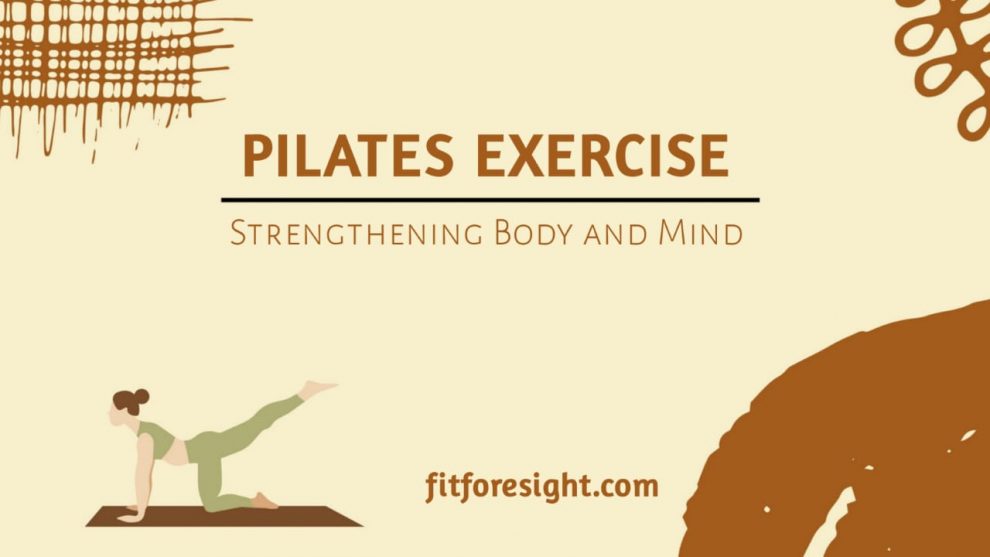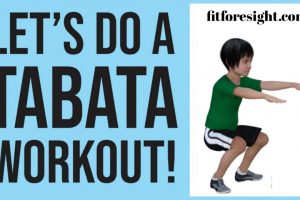Strengthening Body and Mind
Pilates, a fitness regimen developed by Joseph Pilates in the early 20th century, has gained immense popularity for its transformative effects on both the body and mind. Known for its emphasis on core strength, flexibility, and mind-body connection, Pilates offers a holistic approach to fitness that can benefit people of all ages and fitness levels. In this article, we’ll explore the principles and incredible benefits of Pilates exercise.
Pilates Principles
Pilates is built on several key principles that set it apart from other forms of exercise:
- Concentration: Pilates requires a focused mind to perform exercises with precision and control.
- Control: Each movement is deliberate and controlled, emphasizing quality over quantity.
- Centering: The core, or the “powerhouse,” is the focal point of Pilates, helping to develop strength, stability, and good posture.
- Precision: Exact, controlled movements are essential to achieving the best results.
- Breath: Pilates emphasizes coordinated breathing to enhance the effectiveness of each exercise.
- Flow: Exercises are executed with a seamless, flowing rhythm, promoting grace and efficiency.
The Benefits of Pilates Exercise
- Core Strength: One of the primary benefits of Pilates is the development of a strong core. These exercises target the muscles in the abdomen, lower back, and pelvis, providing improved stability and posture.
- Flexibility: Pilates enhances flexibility by lengthening and strengthening muscles. Regular practice can alleviate muscle tension and reduce the risk of injury.
- Full-Body Workout: Pilates engages multiple muscle groups, offering a comprehensive workout that targets the entire body. This makes it a great choice for overall fitness and toning.
- Mind-Body Connection: Pilates promotes mental well-being by requiring focus and concentration. It’s an excellent way to reduce stress and improve mental clarity.
- Posture Improvement: The emphasis on core strength and awareness helps maintain an upright and balanced posture, reducing the risk of back pain.
- Rehabilitation: Many physical therapists recommend Pilates as a rehabilitation tool, especially for those recovering from injuries or surgeries.
Pilates Workouts for Beginners
If you’re new to Pilates, it’s advisable to start with beginner-friendly workouts and gradually progress. Here are some fundamental Pilates exercises suitable for beginners:
- The Hundred: A core-strengthening exercise involving controlled breathing.
- The Roll-Up: A movement that targets the abdominal muscles and helps improve flexibility.
- The Single-Leg Stretch: A dynamic exercise that engages the core and improves lower body strength.
Pilates exercise is a holistic fitness system that enhances both physical and mental well-being. Whether you’re aiming to build core strength, increase flexibility, or develop a strong mind-body connection, Pilates offers a well-rounded approach to achieving your fitness goals. With its focus on precision, control, and flow, Pilates can be a transformative practice for people of all fitness levels.

























Add Comment